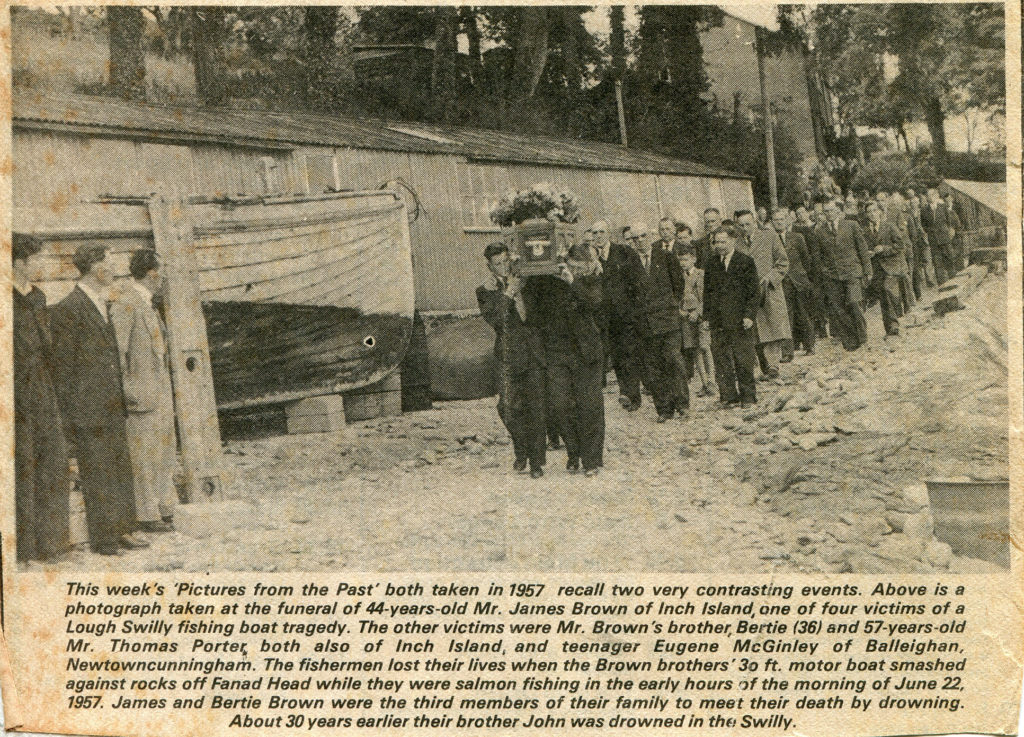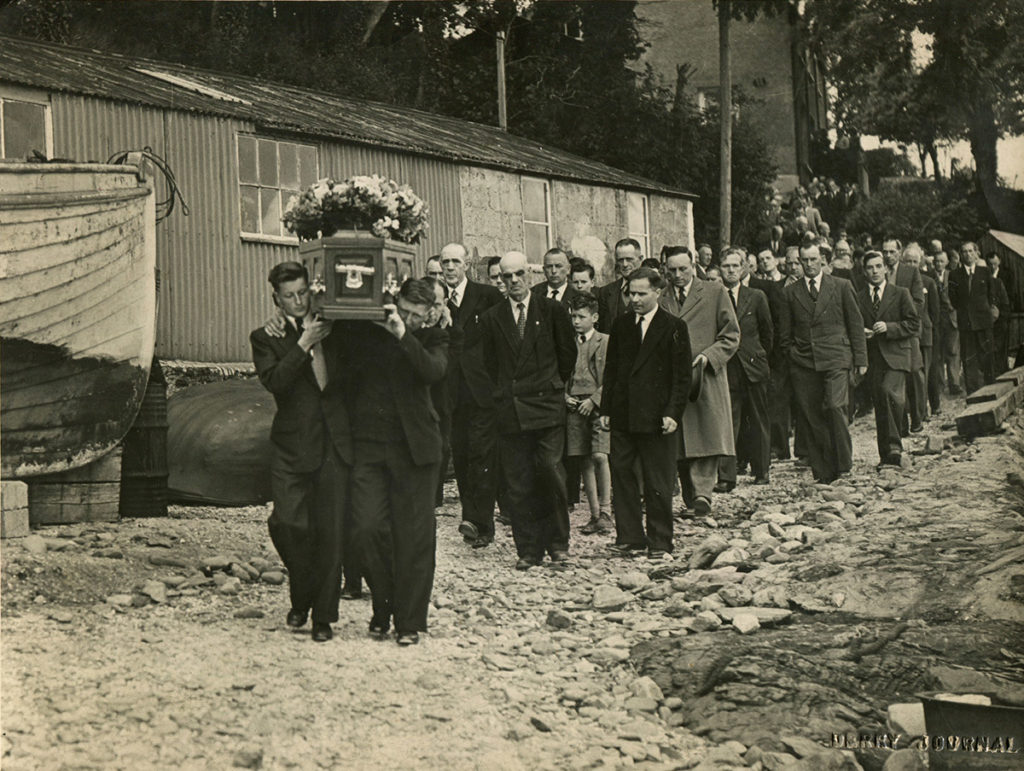Last but not least…
Co-production rule #10
Listen
We are surrounded with noise and swamped by data. Every single day, we absorb more words and images than our ancestors did in entire years. When was the last time you went to shop where there wasn’t music? When was the last time you went to a bar or a restaurant where the piped cool-jazz wasn’t playing. We’ve become inured to noise, habituated to the constant notifications and the lure of screens.
The simplest, and singularly most important job of any good co-production facilitator is to listen.
I’ve kept this until the end, because if I’d mentioned it at the beginning, I expect you would have been tired of me repeating it. But I can’t emphasise the importance of this simple act enough. And when I say listen, I don’t mean the half-hearted ‘hearing’ we do through most of our lives. This sort of listening is the active, deep and focused kind. It is a skill that takes practice, but it is a skill that can be learnt.
Whether you’re collecting oral histories, documents, photographs… whether it’s one on one with an individual in their living room or working with a group… whether you’re on an archaeological site or wandering across a field… whatever the setting, listening is the best and most powerful thing you can do, to enable you to collect those stories.
There isn’t much to it really, but it can feel like learning a new language. If you do it well, if you follow these few pointers, then you’ll not only feel two hours pass in a moment, but you’ll also hear stories that will break your heart, crease you with laughter or allow you a glimpse into different worlds.
How to listen
Turn your phone off
Not silent. Off.
Clear your mind
I wonder what’s for tea? What was that in the news this morning? Whatever it is, forget about it. Your entire focus is this person in front of you.
Listen to the whole world
If you can hear the birdsong and the hum of the fridge in the kitchen, then you are focused.
Hold the individual’s gaze, whoever is speaking
In a group or with just a couple of people, make sure you’re looking at them when they’re talking. And look into their eyes. It’s hard, I know, but practice it with friends.
Listen with your whole body
Lean in, relaxed but attentive, calm and still. Don’t fiddle with your hands or twitch.
Focus on what they are saying but also how they are saying it
In between those words will be far more texture to explore if you get the chance.
If you have to ask a question, think about the answer
When were you born, Paddy?
‘1958.’
Where were you born, Paddy?
‘Oh, well I was born in Derry, for you see my mother was there visiting, and was took into hospital sharpish. My father hadn’t a clue until they got a message to him, for he was up in the fields, ploughing the Big Knowe. And when he heard, he left the horses for Davy our neighbour and haired down the brae to get a change of clothes…’
Don’t lead the conversation, allow it progress naturally
‘Tell me your life story, Paddy’ is far less effective than ‘So Paddy, you’re from the island, yes?’
Having a list of questions means you get a list of answers, not an oral history.
Listen as hard to the story of the funeral last week, as you would to the story of the funeral from 1957
Memory is not linear, nor is history, at least not when it is relayed by the individual sitting in front of you. Nor is memory accurate, and these lines from The Songbirds might illuminate what I mean…
I was reading all about memory. He goes on about his songbirds, but to me, our lives are written in a book. Each page is a separate moment, written as we experience it. But every time we go back to that memory, there are pencilled notes in the margins, words crossed out, those sticky post-it notes and all sorts of changes. Every time we remember, the memory is different, not false, not wrong, but changed by life and experience.
Sarah’s monologue, The Songbirds
More prosaic things to consider
Is it a group session?
12 at most, but I’d be happier with 6, two hours at most, with a break. Try and do a few sessions and divide the larger group into males and females, if you can. And watch for the quiet ones. Get them on their own at some point.
I’ve found that men generally relate chronologies and events, whereas women generally relate how they feel/felt about what happened. It’s not always the case, but that’s my experience. And the quiet ones?
If you hear ‘Oh, I’ve not much to tell,’ you can be sure they were probably in some special-forces unit in several wars, played at Carnegie Hall when they were 14, and lived in an Alaskan log cabin for twenty years…
Individuals?
Again, two hours, but don’t stop them mid-flow if they’re still talking. My conversations with Boyd could have gone on all night…
Recording?
Ask their permission, and tell them what it will be used for. And don’t put the recorder on the same table as the tea-cups. And don’t forget to hit the RECORD button, either. More about this in Technology
Scanning documents or photos?
If there is a pile, ask if you can borrow it. Don’t sit there with a scanner whirring. More about this in Technology
Something interesting to photograph?
Ask. Make sure the light is good. A snap will do if you think you make time to scan it. More about this in Technology
On site? In a field? Up a boreen?
What did I say about a waterproof coat and boots?
When I met Kenny Bryce on Inch, we spent an hour an half wandering the fields and lanes, on a damp January day. I was glad of the investment.
And there is so much more I could say, but try the basics out on friends and family. Practice your listening skills. Practice being a listener. If you master that skill, then collecting history of any sort will be easy, enjoyable and effective.
One other thing…
This is something that has bothered me for years, and I still hear it from colleagues, peers and other projects.
“We took their stories and we made a…”
“We worked with the group and took those amazing stories to create a…”
It may be just pedantic semantics, but I never take anything from the people I work with.
I only ever borrow histories, so that I can be sure I can give them back.
Perspectives XIII
Sometimes, whatever you’re talking leads from one thing to another, and then a painful memory surfaces. It doesn’t happen very often. In three hundred or so interviews, I can count the occasions on one hand, but when it does, it can take you by surprise.
Have some tissues to hand. Give the individual time and support. Let them heal their grief with your support and care.
The two photos below have triggered sad memories among the older population of Inch, but they felt the images should be part of the island’s story.




